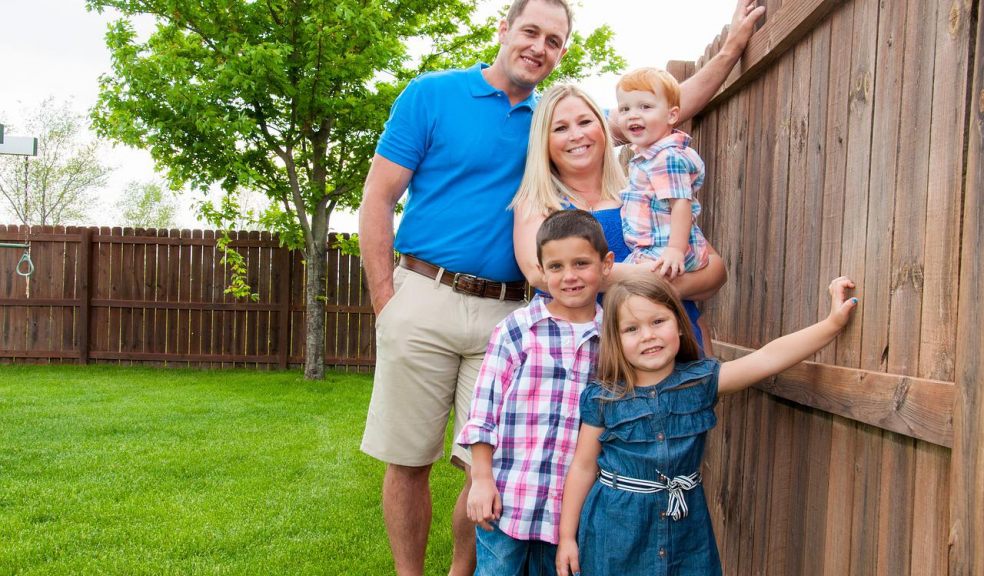
Top tips for helping a foster child settle in
When a child has been in foster care, they have already been through an awful lot.
When you bring your foster child back to your family home, you will likely be wrought with your own questions and concerns. Will they fit in, ok? How do I make sure that they feel safe in my home?
It is normal for your foster child to feel out of place for the first few weeks as this is a new home, after all, and it is likely to be very different from the one that they came from. However, there are some key things that you can do to ensure that they fit in sooner.
Be approachable
Being approachable will mean different things for different children. Depending on their age and their background. Which the foster agency should have given you information about. Overall, this is about remaining positive. Try to smile as much as you can and try to engage them in conversation. Even if they don’t replay, it is important that you put the work in, as this will let them know that you are always there for them. And are happy to talk to them at any time.
If they are smaller than you, kneel down to their eye level when you talk to them. That way, you won’t be so tall and scary. For more advice on handling younger foster children, check out thefca.co.uk for tips.
Be compassionate
The child you are fostering has been taken away from their home and their family. So, in order for them to settle in, you are going to need to be as compassionate as you can.
Be aware that this child may not want to be hugged. They may not even like eye contact. So, take your time with them, show them affection in ways they do like, and always remember that this is not their fault, and it is not yours either.
Rules and routines
Your house has routines and rules, and while it can be tempting to leave a foster child out of any rules and routines, this can actually make them feel more isolated.
On day one in your home, introduce them to the rules and boundaries of your home, and, should they break them, set up age-appropriate discipline. Do not shout. And try not to lose your temper. This is a very hard time for them. So they will need you to be patient.
Be patient
This leads to this point. Your foster child is likely to come with emotional needs, mental health needs, physical health issues, and social issues. In order for them to integrate into the home and the surrounding community, they are going to need you to be patient.
If you are finding it hard to reach them, seek help from the agency where you fostered them.
Seek help
It is perfectly acceptable and normal to find fostering a child hard. So, do not be ashamed to seek help for yourself and your family. This will help you to learn more about the child you are caring for. While also helping to build on your skills as a parent.













